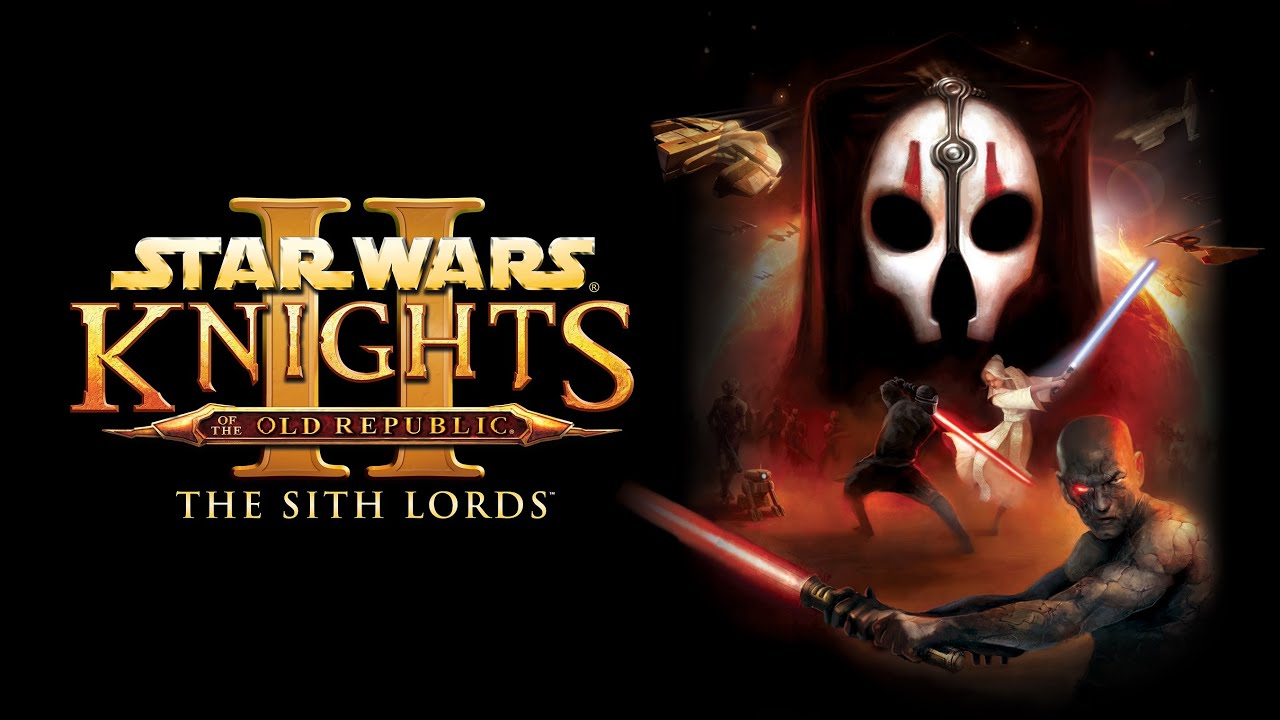
Summary:
Explore the aftermath of the highly anticipated Star Wars: Knights Of The Old Republic II DLC cancellation. We delve into the fan excitement and subsequent disappointment, leading to a class-action lawsuit against Aspyr and Saber Interactive. We analyze the contentious issue of game key compensation, its impact on the gaming community, and the broader lessons it offers to the gaming industry. Discover the legal implications of misleading gaming advertisements and the importance of managing fan expectations in this revealing expose.
Star Wars KOTOR II DLC Cancellation Fallout
In the ever-evolving world of gaming, few titles have garnered as much love and anticipation as the Star Wars: Knights Of The Old Republic II (KOTOR II). Fans of this iconic RPG series were thrilled when developer Aspyr and publisher Saber Interactive announced the Restored Content DLC. Promising to reintegrate cut features from the game’s original release, including new dialogues, interactions, a bonus mission featuring the beloved droid HK-47, and even an updated ending, it was a dream come true for KOTOR enthusiasts.
What Was Cut?
The Restored Content DLC was not just an additional feature; it was a promise of redemption for a game that had previously been released with unfinished elements due to time constraints. Gamers had longed for the opportunity to experience the complete vision of KOTOR II, and this DLC seemed poised to deliver that. It was the cherry on top for the highly anticipated Nintendo Switch release, making it a hot selling point in the lead-up to launch.
However, dreams can sometimes shatter, and disappointment can be as palpable as excitement. The news of the Restored Content DLC’s cancellation hit fans like a lightsaber to the gut. A group of these dedicated fans, feeling deceived and let down, took matters into their own hands. They initiated a class-action lawsuit against Aspyr and Saber Interactive, alleging that they would never have purchased the game had they known the DLC would be scrapped.
KOTOR Cancellation
“In 2022, Defendants [Aspyr and Saber] advertised KOTOR to users of the video console Nintendo Switch as having never-before-released ‘Restored Content DLC,'” the lawsuit documents stated. “Plaintiff and numerous other consumers were excited about the new content that Defendants claimed was ‘coming soon.’ In fact, KOTOR sat at the top of Nintendo’s e-Shop rankings.”
The disappointment ran so deep that some fans refrained from even playing the game they had eagerly purchased, opting instead to hold out for the Restored Content DLC that would never materialize.
It’s essential to note that while Aspyr and Saber Interactive did not offer refunds, they did extend compensation in the form of game keys for other Star Wars titles they had published. However, this gesture didn’t appease the group of fans who felt they had been wronged. The debate over whether game key compensation was sufficient or if refunds were the rightful resolution now stands as a pivotal point in this legal battle.
Restored Content DLC
The fallout from the Restored Content DLC cancellation extends beyond the disappointment of KOTOR II fans. It raises questions about the gaming industry’s ethical obligations to its consumers. Is it enough to offer alternatives when a highly promoted feature falls through, or are gaming companies legally bound to meet the expectations they create?
The ongoing class-action lawsuit against Aspyr and Saber Interactive serves as a stark reminder of the importance of transparent communication in the gaming world. It highlights the need for gaming companies to manage fan expectations, especially when promising game-changing content. This saga raises perplexing questions about the delicate balance between satisfying dedicated fans and fulfilling legal obligations.
Conclusion
The fallout from the Star Wars KOTOR II DLC cancellation is a testament to the emotional investment of gaming communities and the expectations set by developers and publishers. Aspyr and Saber Interactive find themselves in the midst of a legal storm, facing the repercussions of disappointed fans who expected more. This case is not just about a canceled DLC; it’s a reflection of the gaming industry’s obligations to its consumers.
Whether game key compensation suffices or refunds are warranted remains a contentious debate. Nevertheless, this saga highlights the need for clear communication and the management of fan expectations. It raises perplexing questions about satisfying gamers while fulfilling legal obligations.
As the legal battle unfolds, it has the potential to reshape how gaming companies engage with their dedicated fan bases and the promises they make. In a world where the stakes are high and emotions run deep, the resolution of this case could have far-reaching consequences. The Force may indeed be with the gamers in their pursuit of transparency and accountability in the gaming industry.
FAQs
- 1. Why was the Restored Content DLC for KOTOR II canceled?
- The DLC was canceled due to undisclosed reasons, leading to disappointment among fans.
- 2. What is the class-action lawsuit about?
- The lawsuit alleges that Aspyr and Saber Interactive misled consumers by advertising the DLC and seeks compensation for those who purchased the game.
- 3. Did Aspyr and Saber Interactive offer any compensation for the DLC cancellation?
- Yes, they offered game keys for other Star Wars titles, but some fans felt this was insufficient.
- 4. How did the gaming community react to the DLC cancellation?
- Many fans expressed their disappointment and frustration, with some choosing to wait for the DLC and not play the game.
- 5. What lessons does this case offer to the gaming industry?
- This case underscores the importance of transparent communication and managing fan expectations when promoting game content.













